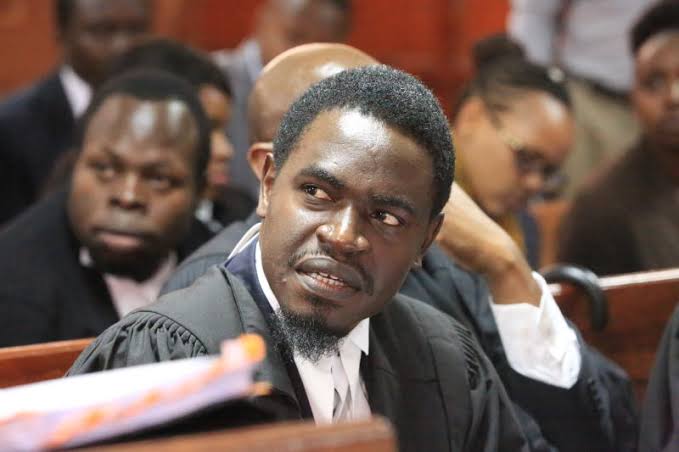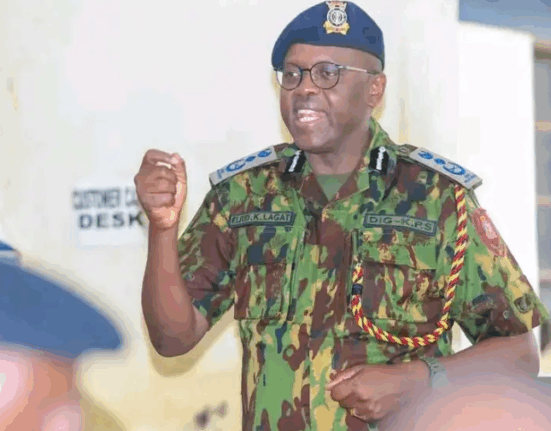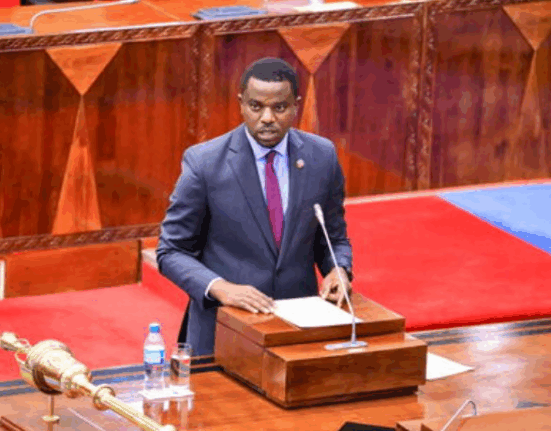Outspoken lawyer and former Law Society of Kenya (LSK) President Nelson Havi has caused a major stir across East Africa with his call for Kenyans to support the “liberation” of Tanzanians and Ugandans.
His statement, “If we don’t act, we’re next,” has stirred a lot of debate about regional unity and the importance of standing up for democracy and human rights beyond one’s borders.
Havi took to social media to warn that if Kenyans do not support citizens of neighboring countries who face political repression, Kenya itself could soon lose its democratic freedoms.
He said Kenyans need to help Tanzanians and Ugandans avoid oppression, hinting that if authoritarian rule spreads unchecked in these countries, Kenya might face the same fate.
Though Havi did not explain exactly what kind of liberation he meant, many political watchers see his words as a call for citizens in the region to stand together in defending freedom of speech, democratic rights, and human dignity.
Uganda has for a long time faced criticism because of election violence, restrictions on opposition politicians, and limits on press freedom, especially under President Yoweri Museveni who has been in power for decades.
Tanzania has also faced concerns about political repression in recent years, though there have been some positive changes under President Samia Suluhu Hassan.
Havi’s remarks have triggered strong reactions online. Some people have praised him for speaking out boldly on issues that many others avoid. They argue that standing in solidarity is necessary if the region wants to protect democracy.
A Tanzanian analyst commented that liberation should not come through provocation, reminding everyone that Tanzania and Uganda are sovereign nations with their own ways of handling political issues.
Havi’s message reflects a belief that democracy and freedom are regional issues, not just national ones. If one country’s rights are suppressed, it can quickly affect the whole region’s stability and freedoms.
This idea of regional solidarity is important for East Africa, where countries share not only borders but also histories and future hopes. Yet, the challenge is to find ways to support democracy and human rights without worsening tensions or causing conflict between neighboring states.
The reactions to his statement show the delicate balance between standing up for human rights and respecting national sovereignty.
East Africa will likely continue to watch closely as this conversation unfolds and as citizens, leaders, and activists consider the best ways to defend freedom across the region.













Leave feedback about this